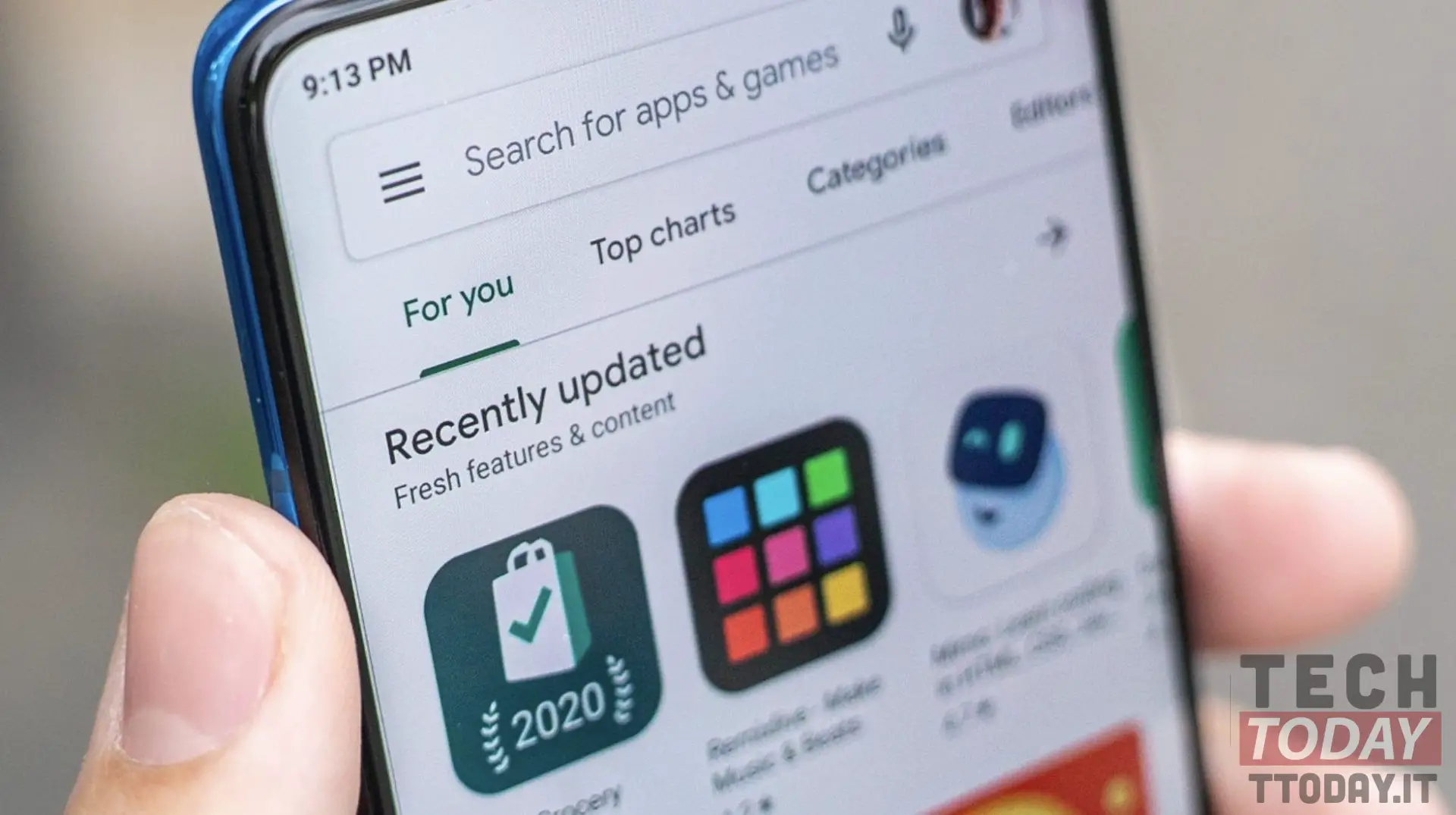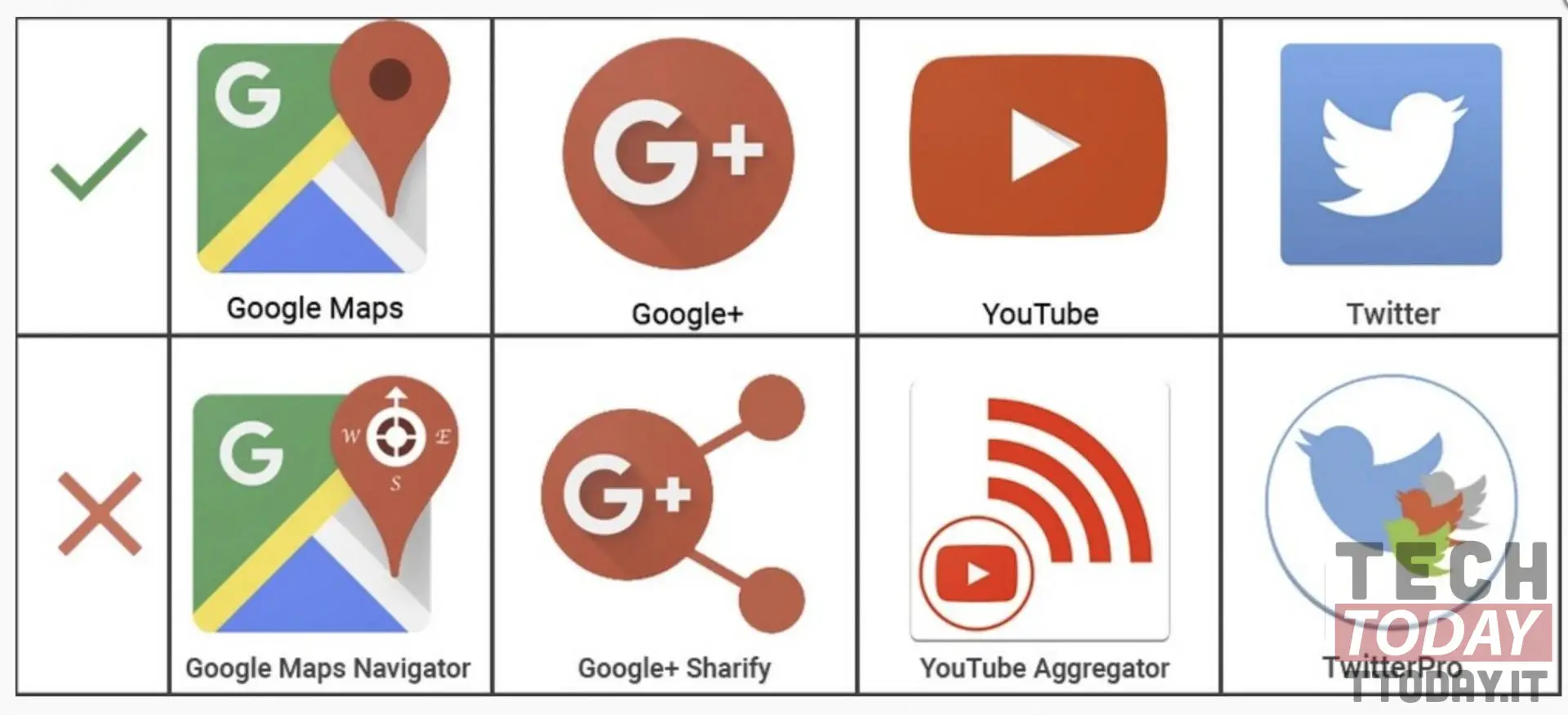
Google announced this week that will apply the changes to the terms of use of the Play Store in the next months. What will change will affect both developers who publish apps in the store of the same name and consumers. The change in the guideline set is for the purpose of restrict the access of third-party companies to personal data of Android users. But let's see in detail what will change.
New for the Google Play Store: applications that do not follow the new rules have until August 27 to adapt. Here are the news
According to the statement (via XDA Developers), applications that do not follow the new rules have until August 27th to adapt, after this period it is possible that the service will be suspended until the manager corrects all the points. In short, there are changes that change the way developers can use Android APIs and others that aim solely to combat disinformation. From August 31, the sharing of false data or information on Google Play, in particular health content, will be prohibited.
The team will delete content they raise doubts about the effectiveness of vaccines, reveal inefficient methods of fighting coronavirus (such as chloroquine and ivermectin, for example) and other fake news. In addition to this emphasis on fake news, the changes also prevent the availability of apps that use images and names similar to the originals to attract users, such as “Twitter Pro”, “Google Maps Navigator”, etc. In an image released by Google it is possible to better understand the change.

Read also: GCam 8.6 is a reality with Pixel 6 exclusive features
While the new rules focus on security, other sections of the terms of use have also been improved. Starting next month, the Ads that take up the full screen and appear suddenly will no longer be allowed, the same goes for ads that appear during games and ads that cannot be skipped for 15 seconds.
Finally, after August 31, Google will also request that the "spy" app, such as those used for parental controls, follow strict standards to ensure privacy. In this case, the application must necessarily display one in the background fixed notification on its activity and not try to occupy the user's operation.
Actions taken by Google in recent years show that the company is focused on raising the level of privacy for Android users by restricting application access to sensitive system permissions. Since then, big techs have started introducing major changes to their systems, mainly Android 12.








